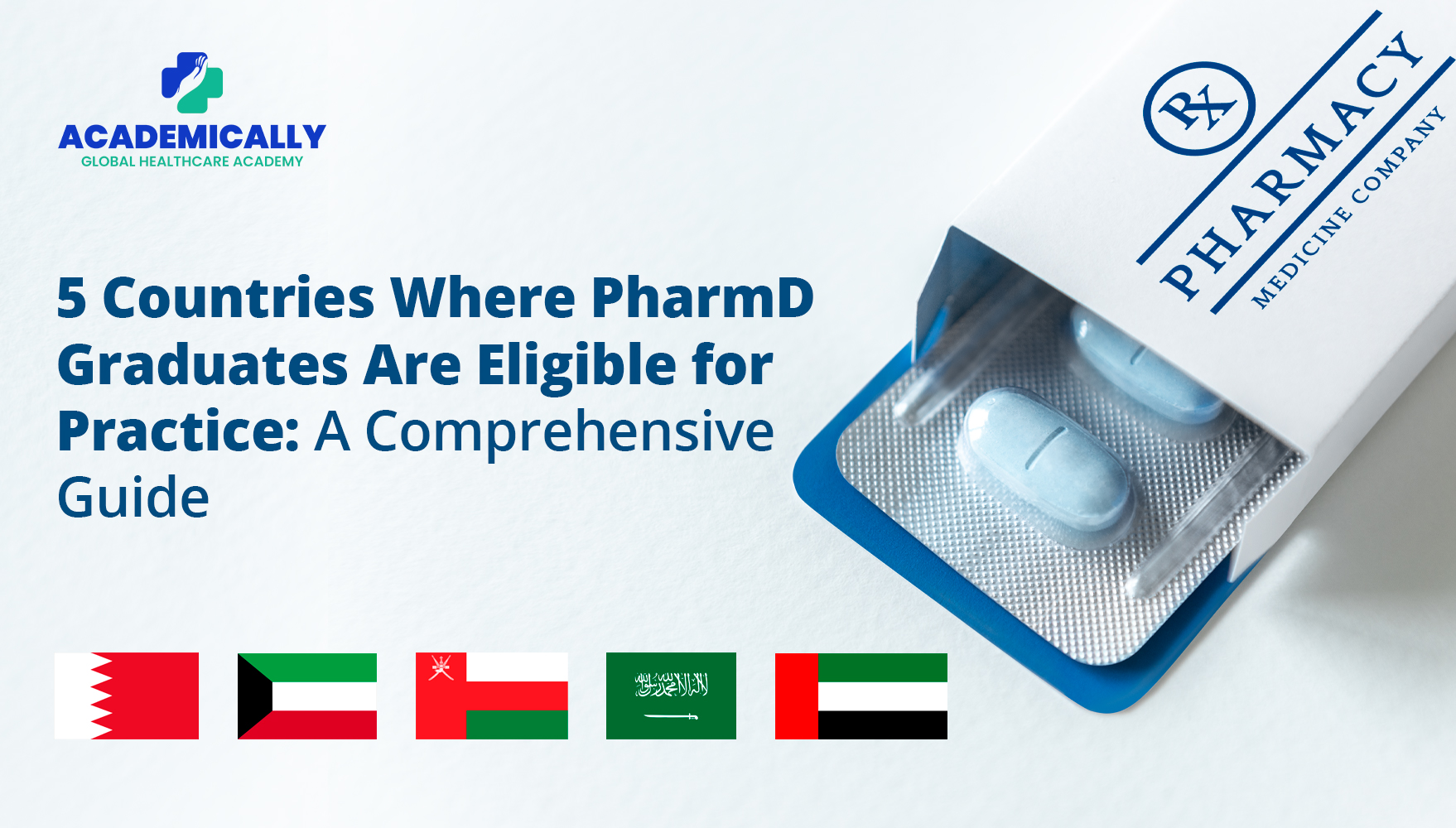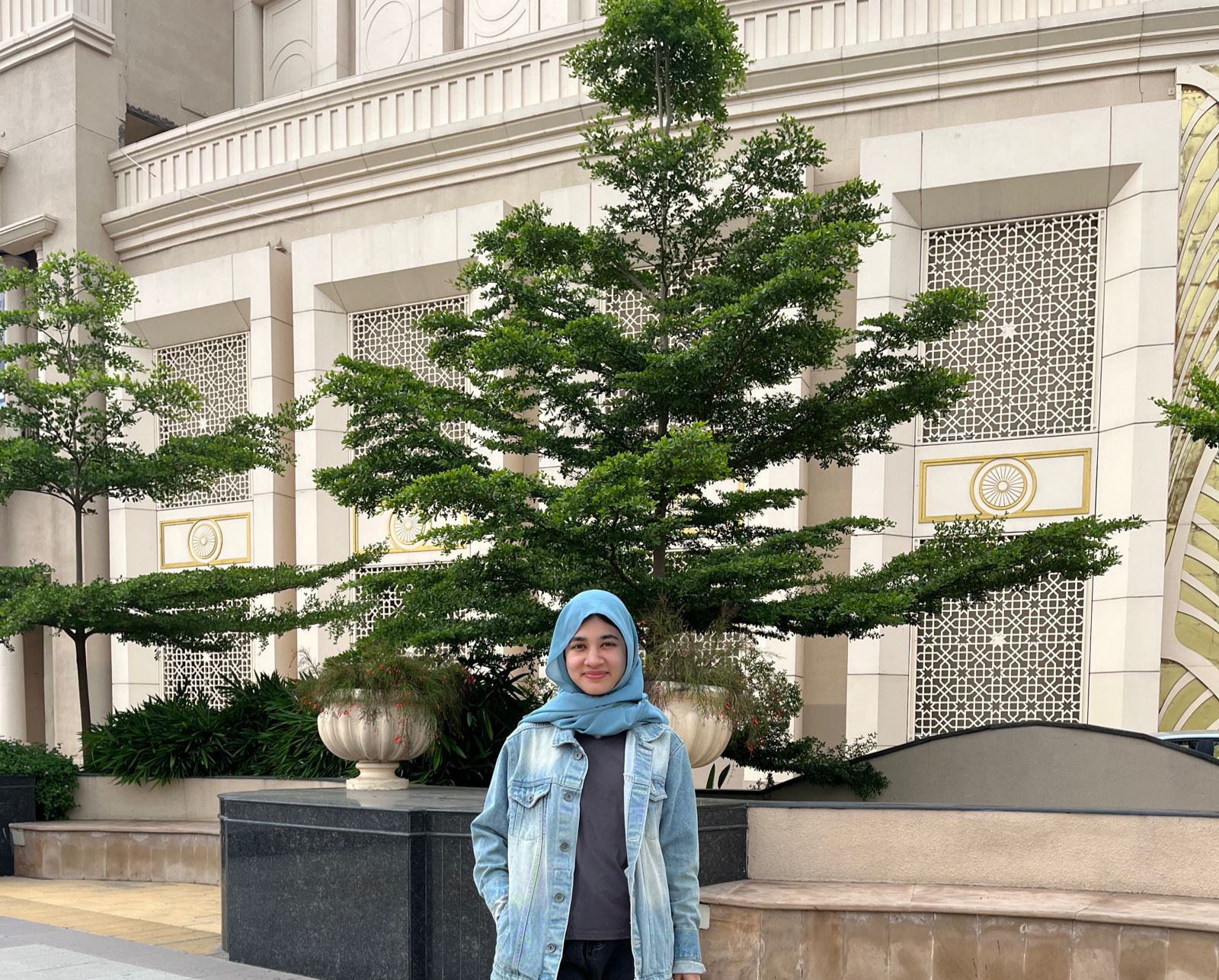1. Bahrain
In Bahrain, pharmacists must hold a Diploma in Pharmacy. Although a PharmD is a more advanced degree, the basic requirement of a diploma means that PharmD graduates easily meet and exceed the qualification criteria.
Experience:
Pharmacists in Bahrain are required to have 3 years of experience working in either a retail or hospital pharmacy setting. This experience is necessary for ensuring that healthcare professionals can handle the fast-paced and high-stakes environment often found in pharmacies within hospitals and other medical institutions.
Why Bahrain?
Bahrain’s healthcare sector has been experiencing rapid growth, driven by the government's investment in both public and private healthcare. PharmD graduates seeking to work in a stable yet dynamic healthcare system will find Bahrain a great option, particularly due to the extensive job opportunities for experienced professionals. The country’s strategic location in the GCC region also makes it a desirable destination for healthcare professionals looking to expand their horizons.
2. Kuwait
To practise as a pharmacist in Kuwait, candidates must hold a Diploma in Pharmacy. The PharmD qualification meets these requirements, making it easier for graduates to apply for positions. However, potential applicants should be aware that Kuwait has experienced technical difficulties with its official portals, so patience may be required when completing applications online.
Experience:
PharmD graduates must have at least 2 years of experience in either retail or hospital settings. This experience is vital for ensuring that professionals are ready to work in a healthcare system that is continuously evolving and adopting new medical technologies.
Why Kuwait?
Kuwait offers a well-balanced working environment with opportunities to work in both retail and hospital settings. As the country continues to modernise its healthcare infrastructure, there is a high demand for experienced professionals. For PharmD graduates, Kuwait provides a fertile ground for professional growth while enjoying the benefits of a well-compensated and respected career.
3. Oman
Oman also requires pharmacists to hold a Diploma in Pharmacy for eligibility. PharmD graduates are, therefore, more than qualified to meet the country’s standards.
Experience:
Pharmacists in Oman must have at least 2 years of experience in either retail or hospital settings. This requirement ensures that pharmacists entering Oman’s healthcare system have the practical experience necessary to meet the demands of the job.
Why Oman?
Oman offers an excellent quality of life, with a balanced work-life ratio that appeals to many expatriates. The healthcare system in Oman is continuously developing, making it an appealing option for PharmD graduates looking for career stability. Additionally, Oman offers attractive tax-free salaries and benefits for international healthcare professionals.
4. Saudi Arabia
In Saudi Arabia, there are multiple pathways to becoming a licensed pharmacist. Applicants must have either a 3-year Pharmacy Diploma (recognised from countries such as Nepal and Africa), B. Pharm, M. Pharm, or Pharm.D. For PharmD graduates, the pathway to practising pharmacy in Saudi Arabia is straightforward and does not require additional qualifications.
Experience:
Saudi Arabia requires pharmacists to have at least 1 year of experience in either retail or hospital pharmacy settings. This experience is vital for professionals working in one of the region’s largest and most advanced healthcare sectors.
Why Saudi Arabia?
As one of the largest healthcare markets in the GCC region, Saudi Arabia offers significant opportunities for professional growth. The country is home to state-of-the-art healthcare facilities and is investing heavily in expanding its medical workforce. PharmD graduates will find that Saudi Arabia is not only a great place to practise but also a fantastic platform for advancing their careers, especially with attractive tax-free salaries and robust job security.
5. UAE (Dubai, Abu Dhabi, Sharjah)
In the UAE, particularly in cities like Dubai, Abu Dhabi, and Sharjah, pharmacists are required to have a Diploma in Pharmacy. As PharmD graduates meet and exceed this requirement, they are well-qualified to apply for positions in this rapidly growing healthcare market.
Experience:
Pharmacists in the UAE must have at least 2 years of experience in either retail or hospital settings. Given the advanced nature of healthcare in the UAE, this experience ensures that pharmacists are prepared to work in an innovative and fast-paced environment.
Why UAE?
The UAE is one of the most popular destinations for healthcare professionals due to its booming medical sector, which is driven by advances in medical technology and healthcare infrastructure. PharmD graduates will find that the UAE offers a wealth of opportunities, from working in cutting-edge hospitals to retail pharmacies that cater to a global clientele. With tax-free salaries and a high standard of living, the UAE is an attractive destination for many healthcare professionals.
Eligibility and Experience Requirements Across GCC Countries
Country | Eligibility | Experience Required |
| Bahrain | Diploma in Pharmacy | 3 years retail/hospital |
| Kuwait | Diploma in Pharmacy | 2 years retail/hospital |
| Oman | Diploma in Pharmacy | 2 years retail/hospital |
| Saudi Arabia | 3-Year Pharmacy Diploma, B. Pharm, M. Pharm, Pharm.D | 1 year retail/hospital |
| UAE (Dubai, Abu Dhabi, Sharjah) | Diploma in Pharmacy | 2 years retail/hospital |
Advance Your Career with Academically
PharmD graduates have a world of opportunities available in the GCC region, with countries like Bahrain, Kuwait, Oman, Saudi Arabia, and the UAE offering successful healthcare systems and competitive job markets. You can book a free one-on-one counselling session with our experts to get more information and personalised guidance for each of these countries.



